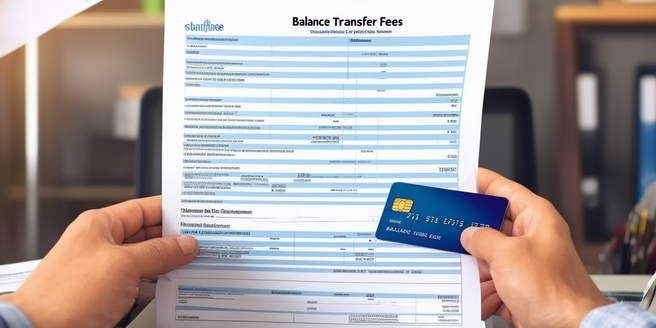Understanding Credit Card Fees
Credit card fees are often a hidden cost of using credit. They can include everything from annual fees, interest charges, and transaction fees to charges for late payments. This is why it is crucial to read the fine print of your credit card agreement to comprehend all possible charges. Among them, transaction fees can be particularly deceptive since they’re often incurred with every use. These fees are usually a percentage of the transaction and can add up quickly if you’re not careful. It’s important to understand these fees to fully realize the cost of using your credit card. Use your card wisely and consider the fees before you swipe to avoid unnecessary charges.
Common Types of Credit Card Fees
There are several common types of credit card fees. These can include annual fees, foreign transaction fees, and late payment fees. Additionally, if you use your credit card to withdraw cash, you can be hit with cash advance fees. Balance transfer fees may apply if you’re trying to consolidate debt. Over-limit fees may also be charged if you exceed your credit limit. Another fee to watch out for are return check fees, which you can incur if a payment to your credit card company bounces. Make sure to read the fine print to understand all the fees associated with your credit card.
Interest Charges: The Hidden Fee
Interest charges, a hidden expense linked to credit card use, are determined by your card’s APR and outstanding balance, and they can vary greatly across different cards and lenders. The principal money you owe also affects your interest – the more the balance, the higher the interest. This balance is influenced by your spending habits and any penalties or fees charged by the company. To avoid interest charges, try paying your credit card balance in full every month, thereby preventing interest from accumulating, reducing your outstanding balance, and improving your credit score. If you can’t pay off the total balance each month, be aware that fees can pile up on unpaid amounts, rapidly ballooning the size of your debt. Comprehending your card’s APR and managing your usage is key to minimizing these charges.
Annual Fee: Cost of Maintaining The Card
Many credit cards charge an annual fee, which is a cost for the user to have and use the card. However, these fees are not arbitrary and often correlate to the advantages offered by the card. It’s not uncommon for cards with more benefits or rewards to come with higher annual fees. On the flip side, some credit cards may offer lower fees in exchange for less glamorous rewards. However, not all credit cards have annual fees, and depending on how you use your card, it may be beneficial to look for a no-annual-fee option.
Foreign Transaction Charges: Fees for Global Usage
Foreign transaction charges are additional fees that credit card companies impose on their cardholders for using their card outside their home country. These fees, calculated as a percentage of the total amount transacted, can quickly accumulate, particularly for frequent travelers or large purchases abroad. They apply to various expenses such as hotel bills, shopping, and entertainment, significantly inflating the overall amount spent.
Understanding the implications of international card use is critical for cardholders to avoid unexpected costs added to the original purchase. Prior scrutiny of potential charges associated with credit card use can prevent an unpleasant surprise when the credit card bill arrives, ensuring a cost-effective and stress-free buying experience.
Cash Advance Fees: Costly Withdrawals
Credit card companies levy cash advance fees when cardholders opt for a cash advance, which may be accumulated through numerous methods like ATMs, convenience checks, or directly from banks. Fees are typically calculated as a percentage of the advanced cash amount and can become quite high if large amounts are involved. The best personal finance advice is to minimize dependence on cash advances, thereby avoiding the mounting fees, as they can morph into significant financial burdens when frequently incurred or applied to large amounts. Cash advances may offer quick financial relief, but the potentially high costs, including hefty fees, urge cardholders to consider other economically viable options and practice responsible financial management to improve their financial health.


